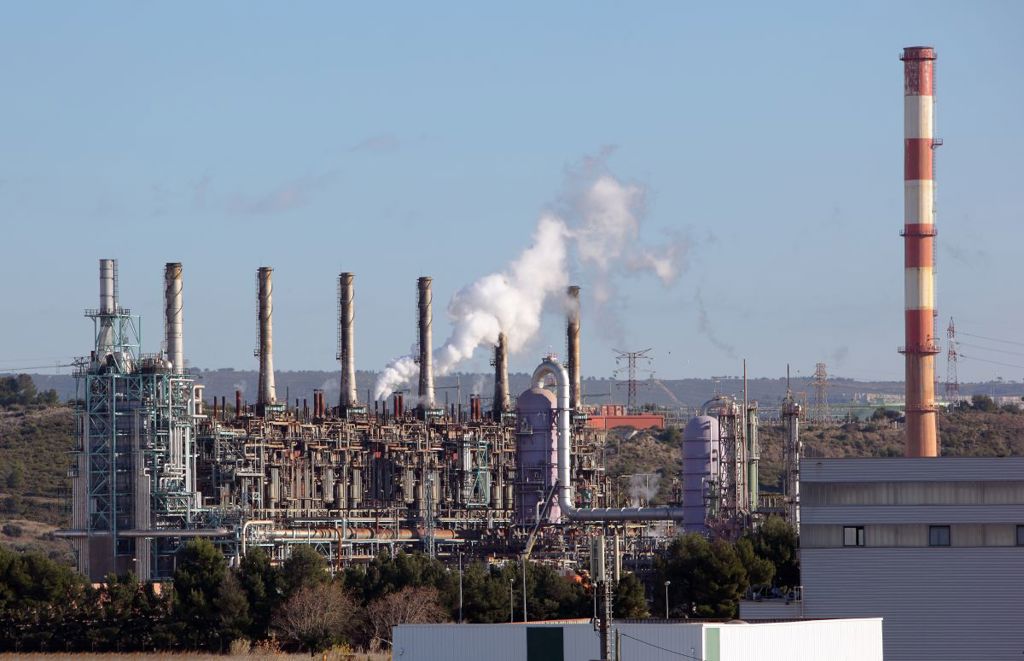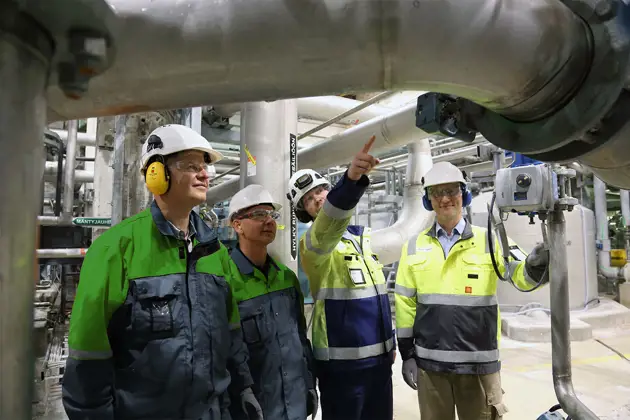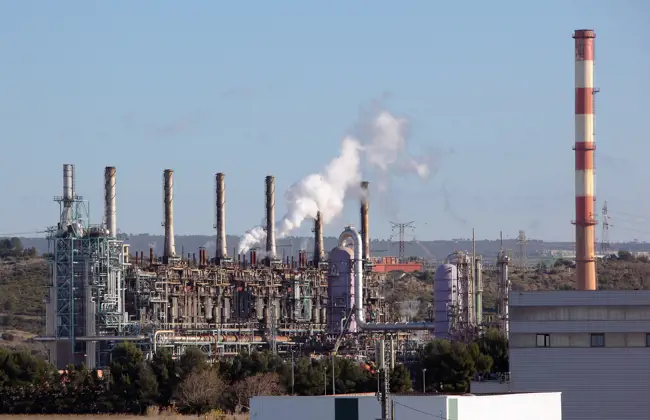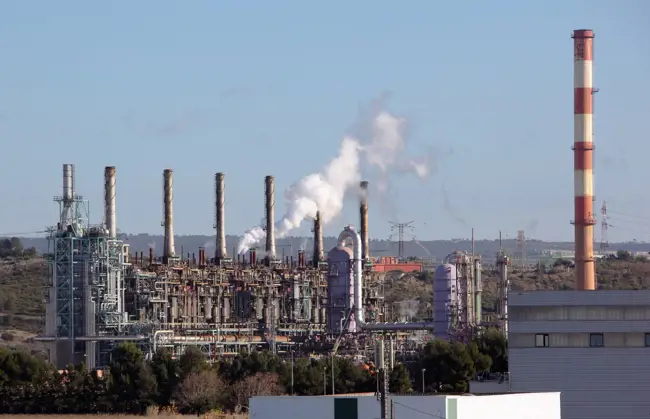Running a reliable and competitive ethylene plant in an ever-growing ethylene production market is a matter of overcoming many challenges. However, choosing valve solutions that offer maximum reliability, safety and performance for your application is the first step to success.

The global consumption of ethylene for various plastic and chemical applications is booming. More than 180 million tons of ethylene will be needed in the next five years. As long as natural gas, the main feedstock in ethylene production, is sold at a low price, petrochemical companies around the world will be actively investing in new ethylene plants, particularly in Asia, the Middle East and the US.
After safety, uptime is the major determinant of profitability for an ethylene plant in an increasingly competitive global market. And as the demand for ethylene rises, so does the need for custom valve solutions that offer the best reliability, safety and performance.
The cost of a typical ethylene plant engineering project can reach up to a few billion US dollars. Of that, a considerable amount goes for automated control and on-off valves.
As you can imagine, the details of the kind of valves to select for any project really matter. You do not want to pay a fortune for underperforming or ill-fitting valves. And most especially you do not want to jeopardize worker safety or other process equipment, both of which are impacted by poorly-selected valves.
You want your valves to do their tasks, to immediately ensure plant run-time targets in a cost-efficient way for a long time. But listening to overstated and non-specific claims may do more harm than good. The most expensive is not necessarily the best for your process. The most durable material may not answer other application requirements. The fastest opening time does not mean that’s an advantage in this particular case.
In all but name, every ethylene plant is different and every valve application too. A considered, process-centric approach is best for valve selection. So to help you not get lost in the maze of product information, we invite you to read an article discussing ethylene plant engineering from the automated valve selection point of view.
If you want to learn more, please read this article, Making a big difference to ethylene project engineering, in which we look at what types of valves need third-party approval, so that there are no disputes with regulators during commissioning. Also, what kind of valves best resist pipe vibration in a critical decoking application?
This article is a great starting point for making sure you choose the right valves, achieve set performance targets and keep project costs under control.
This article has been up-dated in April 2022, due to company name change into Valmet.
Text by Heikki Voutilainen. For additional info, please contat lindsay.coutinho@valmet.com



